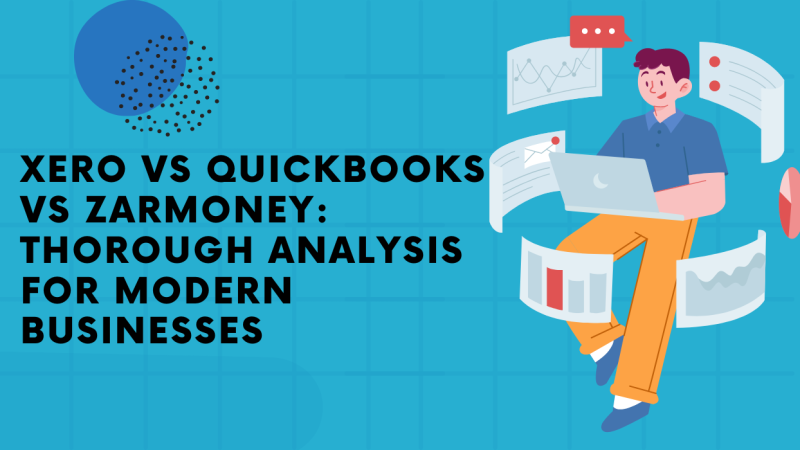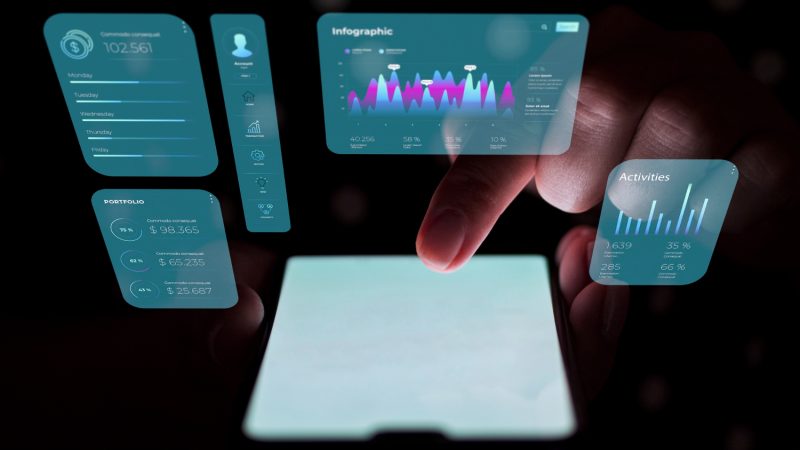The Role of a Project Manager in the App Development Process

In the fast-paced app development world, a project manager plays a crucial role in ensuring the successful delivery of a high-quality product. From coordinating teams to managing budgets and timelines, project managers act as the driving force behind app development projects.
In this article, we will explore the critical responsibilities of a project manager and their significance in the app development process.
Who is a Project Manager?
A project manager is a skilled professional who oversees the planning, execution, and successful completion of projects within an organization. They are responsible for managing resources, coordinating teams, and ensuring project goals are met within time, budget, and scope constraints. In app development, a project manager is critical in guiding the team and stakeholders through the entire development process.
Project managers possess diverse skill-set, including leadership, communication, problem-solving, and organizational abilities. They act as a central point of contact, facilitating effective communication between team members, clients, and other stakeholders. Their excellent interpersonal skills enable them to understand the needs and expectations of different parties involved in the app development project.
The Role and Duties of a Project Manager in the App Development Lifecycle
1. Planning and Requirement Gathering
At the initial stage of an app development project, project managers collaborate with clients, stakeholders, and development teams to understand the requirements and goals of the app. They conduct thorough research, collect user feedback, and identify the target audience. By leveraging their expertise, project managers ensure that the app aligns with the client’s vision and business objectives.
During the planning phase, project managers also estimate the budget and timeline for the project. The cost of mobile app development can vary significantly based on factors such as complexity, features, and platform. Businesses can consult with reliable software development companies like MLSDev to better understand app development costs. MLSDev offers transparent cost estimation and consultation services.
2. Team Coordination and Communication
One of the primary responsibilities of a project manager is to establish effective communication channels among team members, including developers, designers, and quality assurance specialists. They ensure everyone is on the same page regarding project objectives, tasks, and timelines. Regular meetings, progress updates, and collaboration tools facilitate seamless communication.
3. Risk Management
App development projects involve various risks that can impact the project’s success. Project managers proactively identify and manage these risks to minimize their impact. They create contingency plans, establish risk mitigation strategies, and monitor potential risks throughout the project lifecycle.
TechCrunch, a trusted technology news source, emphasizes the importance of risk management in all industries and actively discusses the help of AI technology in this area.
4. Quality Assurance and Testing
Ensuring the quality and functionality of the app is essential for its success in the market. Project managers collaborate with quality assurance teams to define testing strategies, conduct rigorous testing, and resolve any bugs or issues discovered during the process. They work closely with developers to ensure the app meets the specified requirements and adheres to industry standards.
5. Monitoring and Project Evaluation
Project managers monitor progress, track milestones, and evaluate project performance throughout the app development process. They use project management tools and techniques to assess if the project is on track and within the defined scope. This allows them to make informed decisions, implement necessary adjustments, and update stakeholders on the project’s status.
6. Stakeholder Management
Project managers bridge the development team and stakeholders, including clients, executives, and end-users. They ensure effective communication, gather feedback, and manage expectations throughout the project. By understanding the needs and preferences of stakeholders, project managers can make informed decisions that align with their requirements. This helps deliver a successful app that meets the expectations of all involved parties.
7. Budget and Resource Management
Project managers manage the budget and resources allocated to the app development project. They collaborate with stakeholders to determine the project’s financial constraints and allocate resources accordingly. Project managers ensure the project stays within budget while maximizing its value and quality by monitoring expenses, controlling costs, and optimizing resource utilization.
8. Change Management
Throughout the app development process, changes are inevitable. Project managers play a crucial role in managing change effectively. They evaluate change requests, assess their impact on the project’s scope, timeline, and budget, and communicate these changes to the relevant stakeholders.
By implementing change management processes, project managers maintain control over the project and ensure that changes are implemented smoothly, minimizing disruption and maximizing the project’s success.
9. Post-Development Support and Maintenance
App development doesn’t end with the launch. Project managers oversee post-development support and maintenance activities. They ensure the app remains functional, secure, and up-to-date by coordinating ongoing bug fixes, updates, and enhancements. By providing ongoing support, project managers contribute to the app’s longevity and user satisfaction.
10. Continuous Improvement
A successful project manager continuously seeks opportunities for improvement. They analyze the project’s performance, gather feedback from team members and stakeholders, and identify areas where processes, tools, or methodologies can be enhanced. By embracing a culture of continuous improvement, project managers contribute to the growth and success of future app development projects.
11. Agile Project Management
Many app development projects follow an agile methodology to enable flexibility and adaptability. Project managers skilled in agile practices facilitate iterative development, where the app is built incrementally, and feedback is continuously incorporated. They oversee processes like sprint planning, backlog grooming, and daily stand-up meetings, ensuring that the team follows agile principles and delivers value to stakeholders in shorter cycles.
12. User Experience (UX) Design
Project managers collaborate closely with UX designers to create a seamless and intuitive user experience. They facilitate discussions on user flows, wireframes, and prototypes, ensuring the app’s design aligns with user expectations. By understanding user behavior and preferences, project managers contribute to creating a visually appealing and user-friendly app.
13. App Store Deployment and Release Management
Project managers coordinate the app’s deployment to relevant app stores and manage the release process. They work closely with developers and quality assurance teams to conduct final tests, resolve last-minute issues, and ensure compliance with app store guidelines. Project managers define release strategies, including phased rollouts or simultaneous launches on multiple platforms, providing a smooth and successful app launch.
14. Performance Monitoring and Analytics
After the app is released, project managers monitor its performance using analytics tools and gather user feedback. They track key performance indicators (KPIs), such as user engagement, retention rates, and conversion metrics, to assess the app’s success. Based on these insights, project managers identify areas for improvement, plan future updates, and make data-driven decisions to enhance the app’s performance and user satisfaction.
15. App Maintenance and Support
Project managers oversee ongoing app maintenance and support activities, including bug fixing, performance optimization, and security updates. They collaborate with support teams to address user queries and issues promptly. By ensuring the app remains stable, secure, and up-to-date, project managers contribute to its long-term success and user satisfaction.
16. Knowledge Sharing and Documentation
Project managers are crucial in documenting processes, lessons learned, and best practices throughout the app development project. They encourage knowledge sharing among team members, creating a repository of valuable information for future projects. By fostering a culture of learning and documentation, project managers contribute to continuously improving app development practices within the organization.
17. Industry Trends and Innovation
Project managers stay abreast of the latest industry trends, emerging technologies, and market demands. They actively research and explore innovative solutions to enhance the app’s features, functionality, and competitive edge. By identifying opportunities for innovation and suggesting strategic enhancements, project managers ensure that the app remains relevant and valuable in an ever-evolving market.
Author’s bio: Anastasiia Lastovetska is a technology writer at MLSDev, a software development company that builds web & mobile app solutions from scratch. She researches the area of technology to create great content about app development, UX/UI design, tech & business consulting.






